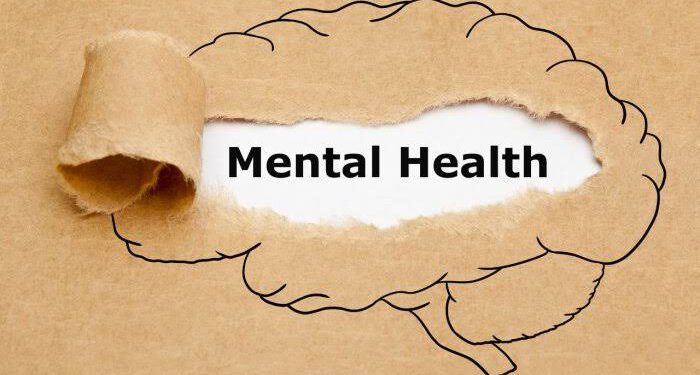With an increasing number of people experiencing a decline in their mental health, society is becoming better equipped to respond to their needs. However, the stigma around mental illness and seeking help remains.
In Nigeria specifically, there is widespread stigmatization of mental health.
Mental health includes our emotional, psychological, and social well-being. It affects how we think, feel, and act. It also helps determine how we handle stress, relate to others, and make healthy choices. While Mental illness is a general term for a group of illnesses that may impact a person’s thoughts, perceptions, emotions, and behavior. They include depression, anxiety, bipolar disorder, addiction, and other conditions that affect thoughts, feelings, and behaviors. Mental illness affects both young, old, male, and female, and individuals of every race and ethnic background. And the good news is that it can often be treated. Stigma is best described as a set of negative and often unfair beliefs that a society or group of people have about something.
Nigeria is the seventh largest country in the world and has Africa’s highest caseload of depression, and according to the World Health Organization (WHO) ranks 15th in the world in the frequency of suicide rate. There are many stereotypes surrounding mental health that are both harmful and stigmatizing. Every day, people dress up and go about their daily lives, completely undetected to be struggling. From the outside, they look completely normal.
However, on the inside, there is a battle ongoing. The number of myths that surround mental health in Nigeria, is both alarming and surprising, especially in this part of the world where we attach spiritual connotations to anything and everything.
The stigma includes the belief that only those with severe symptoms, such as the inability to function in daily life or with suicidal thoughts require treatment.
People often have a mental picture in their heads about what mental illness looks like, they think it looks like a complete inability to function; if the person is not roaming the streets looking disheveled or in the psychiatric hospital, then he’s totally fine. This stigma can cause those with mental health challenges to believe they should quietly tolerate their symptoms, this can make seeking help difficult.
In a 2021 report, WHO said one in four Nigerians, an average of 50 million people, is suffering from one mental challenge or another, and the COVID-19 pandemic which restricted movement and trapped people in their homes for several months also contributed to the increase.
Cultural and religious stereotypes have a significant impact on the stigmatization of mental illness. Many Nigerians still associate mental illness with evil spirits and related spiritual causes. Poor public education about mental health has allowed many misconceptions about mental health in Nigerian communities. Also, people with mental health issues like depression are not taken seriously, and those who end up taking their lives are termed weak-minded by many Nigerians.
In conclusion, to create an environment with less stigmatization of mental health and mental illness in Nigeria, people have to be willing to learn and educate themselves on mental health challenges. Likewise, support systems from friends, families, schools, and workplaces should be the norm.
Taiwo Abigeal Boluwatife is a 300-level student of Lagos State University (LASU), studying English language and Portuguese.
















